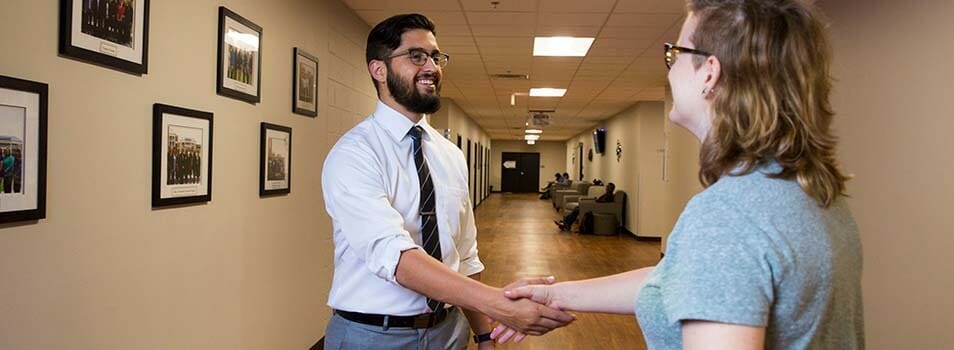Taking Ownership of Your Education

An Advisor’s Perspective
“Maybe I should go see my advisor” is a statement I heard a senior say recently on campus. As a Professional Advisor I’ve heard a range of comments on the subject from “I love my advisor, they’re so helpful!” to the one I overheard the other day. Many times, I’ve encountered students who decided to take stock of things too late. Other times, they regret not having researched their options earlier to make a more informed decision.
Based on my observations and personal experiences, I’ve noticed that the students who tend to take more ownership of their degree open themselves to fuller experiences, minimizing stressful situations.
Coming from high school to a college setting can be a difficult change for many students. You are the primary stakeholder of your decisions and their outcomes! The more quickly you take hold of this opportunity, the more you can get out of this time and the more confidence you can gain. So, here are ten things you can do to start owning your educational experience from an advisor’s perspective:
Ten Things You Can Start Doing Now
Check your email daily. This is so important and can save you unnecessary stress!
Identify your graduation goal and plan accordingly. Do you know when you want to graduate? The main thing I recommend is to at least estimate how many credits per semester you need to complete to reach this goal.
Have a chat with your parents/guardians as you transition into this season. This is your education, your name will be on the diploma, so take ownership! Determine what aspects you’ll be responsible for and how you’ll communicate about them.
Budget your time effectively. You need to focus on “doing the right things” then “doing things the right way”. Identify your obligations, goals, and needs and plan accordingly. Our Academic Mentors can help with this!
Monitor your grades regularly. You can do this by dividing points earned by possible points in the course so far. If you’re struggling, be sure to research our Academic Success Center services.
Review your Degree Completion every semester. I recommend doing this before and after registration season so you know how your courses are working towards your degree. Use this How to page for help using the Degree Completion feature.
Understand program/major requirements. Do you have a capstone class or internship? Are there pre-requisite classes? These are things you can view on your Degree Completion and department webpage. This is also something to discuss with your advisor!
Set reminders for important dates/deadlines. This includes things like registration, add/drop, and course withdrawal and Financial Check-In deadlines. You can find most of these on the Registrar’s Academic Calendar.
Connect with faculty in your major. These connections can be vital for your educational and professional experiences!
Work on your professional goals continuously. Schedule time each semester to connect with your Career Coach, update your resume and portfolio, and search/apply for internships and eventually jobs. This can also mean taking every experience-building opportunity you can.
Written By:
Ashley Peterson
Professional Advisor
College of Applied Studies & Academic Success


